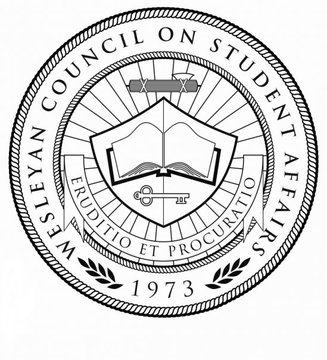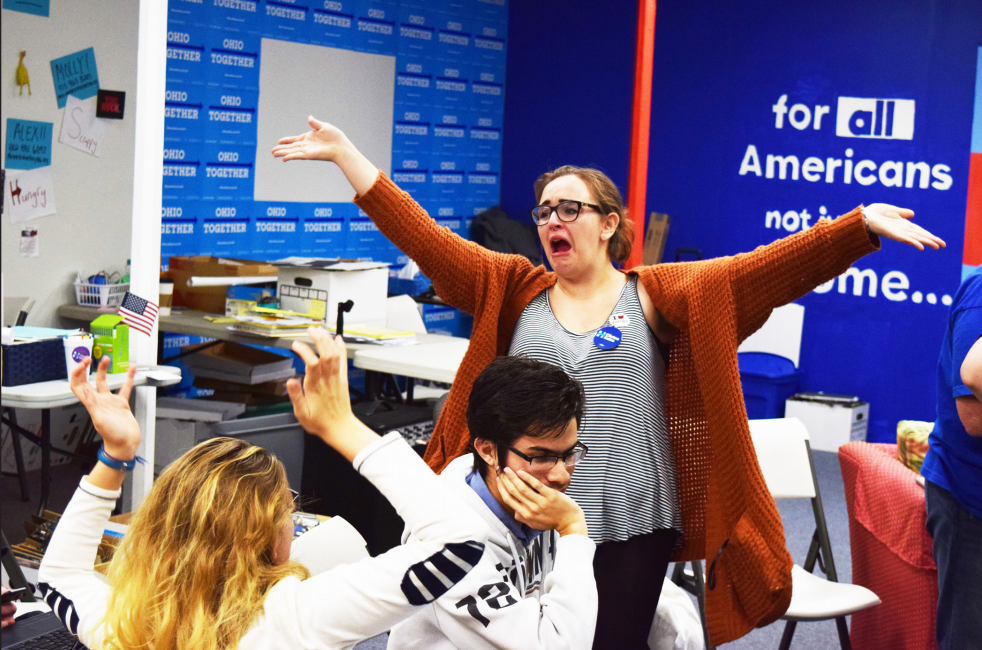By Reilly Wright, Transcript Correspondant
Laughter, dancing and savory Indian food were common themes in the Benes Rooms on Nov. 13 as Ohio Wesleyan University celebrated Diwali, the Hindu festival of lights.
Diwali is one of the largest ancient annual Hindu traditions covering South Asia, celebrating the victory of light over darkness by decorating homes with lights, candles and reworks.
The annual celebration was hosted by Sangam, a student organization that represents and celebrates South Asian culture through cultural events and activities at OWU.
This year’s Diwali had a turnout of about 80 people and has been celebrated for over six years by the OWU community.
“We were told by some people, that have been coming for some time, that this year was better than it had been in the past,” said sophomore Anna Pakrasi, the president of Sangam. “I think the way that we changed it up and made it shorter really helped us.”
Prabh Virk, an OWU alumna that was involved in Diwali, said “Diwali is one of those events that really brings the whole campus together. It’s a chance for the OWU community to experience a new culture. Every year Diwali grows as each group of Sangam leaders add their own are to the event.”
The night began with the history and signi cance of Diwali by Pakrasi and Sangam treasurer Areena Arora. Chaplain Jon Powers also spoke about nding one’s peace and OWU with other cultures.
“I thought it was a really fun night and also really meaningful,” said freshman Sarah Gielink. “They talked about the whole meaning of the holiday and I think that’s really important to make everyone aware of traditions.”
Sangam members led guests to a communal prayer termed puja around a table with Hindu decorations and lift a plate of burning incenses. Traditional Hindu sweets were given to enjoy while people watched and participated.
Desi music, a broad form of South Asian music, pounded through the room as many guests and Sangam members danced together to the upbeat songs and movements.
“I think it’s great that [cultures] are celebrated here,” Gielink said. “I just appreciate that it’s something that is so alive on campus.”
The festival had free Indian food for attendees to eat and enjoy, while Sangam urged guests to take home leftovers afterward. The night ended with the JAYwalk lit up not only by the moon, but the Diwali crowd playing with sparklers.
“Diwali celebrations were a huge part of my OWU experience and I’m glad that current students are able to continue the tradition and community,” Virk said.


